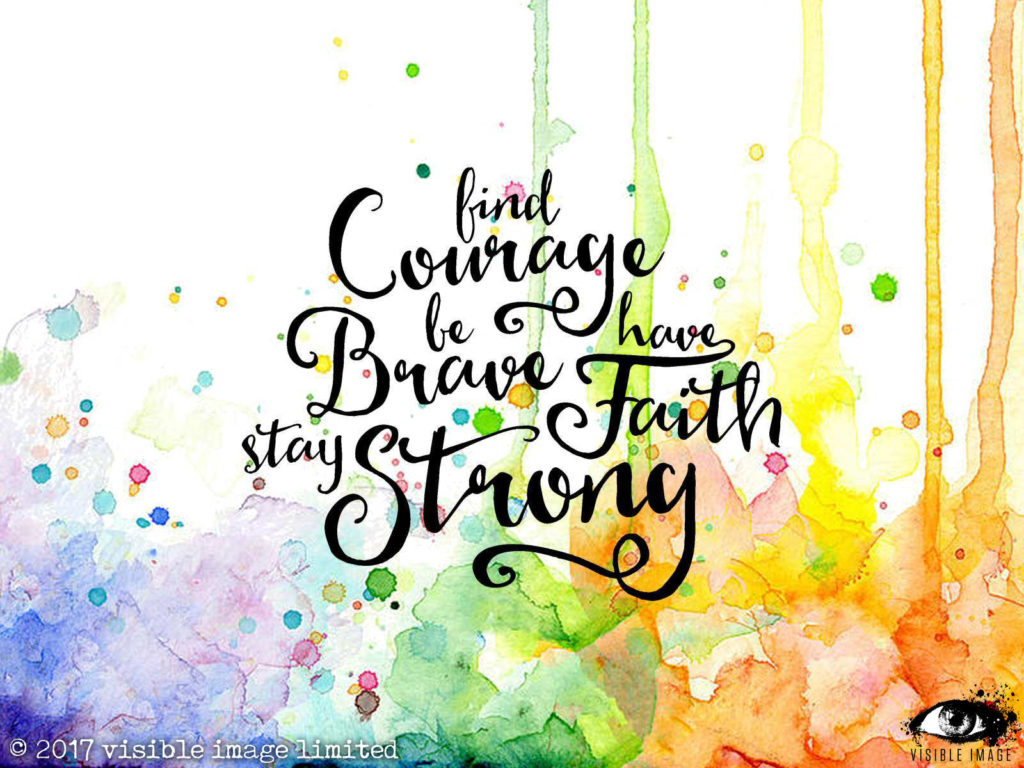10 Most Common Relapse Triggers and How to Avoid Them
Understanding your triggers will help you to prevent a relapse and help your way to a full recovery. Here are the 10 most common relapse triggers an how you can avoid them
Picture this: you’re at a graduation party. It’s July, and it’s hot. Everyone around you is crushing Coronas, and you’re dying to reach into the cooler and grab a cold one.
Or maybe it’s a random Tuesday night, and you’re home alone. You keep glancing toward the back porch, where you’d spend your evenings abusing drugs or alcohol. You’re trying to keep your eyes on the TV, but it’s growing harder.
Whether you’ve gone through a rehabilitation program, are attending AA or NA meetings, or you’re going through your rehabilitation journey solo, it’s easy to feel like a relapse is on the horizon. That’s your fear talking, and it doesn’t control you.
Learning your relapse triggers ahead of time can help you avoid and deal with them when you do face them. Flatten the bumps on your road to recovery before you even feel them. Read on to learn how.
What Are Relapse Triggers?
A relapse trigger is internal or external stimuli that test your resolution to stay clean.
Most rehabilitation psychologists prefer to refer to addiction triggers as “cues” instead. This refers back to Ivan Pavlov’s work on classical conditioning.
Pavlov trained dogs to expect food upon hearing the sound of a bell, based purely on a mental association between the two. Like Pavlov’s subjects, you’ve trained your brain to expect drugs or alcohol when you experience certain cues. This includes both internal triggers and external triggers, like being at a party or feeling stress and anxiety.
To avoid relapse, your job is to untrain it.
No Other Options at Social Events
Social events are big cues for a lot of recovering alcoholics because alcohol is so frequently at the center of the party. It seems like everyone’s holding a beer, and it makes you feel left out if you’re not.
One of the biggest parts of breaking down your cues is getting to the heart of what’s causing them. Here, the root of the problem is not wanting to feel left out. It also might be an inability to shed your inhibitions in order to have a good time.
The solution is to gain confidence. Or rather, to silence that inner monologue that tells you alcohol is necessary to enjoy the company around you.
Also, drink iced tea. Lots of iced tea.
Relationship Problems
This one’s tough because relationship problems don’t magically disappear if you close your eyes really tightly and will them to.
Or do they?
The key here is recognizing that the problem isn’t the problem, your attempts at solving the problem are the problem.
For example: if you get into an argument over the dishes and one of you stalks off angrily, now you’re both mad and the dishes still aren’t done. But if you get into an argument over the dishes and talk about how you both feel, you’ll reach a solution and both move on with your lives.
Problems are likely what made you begin to abuse drugs or alcohol in the first place. The solution isn’t to avoid them, because a new one will always find you. Instead, dissolve them.
Isolation
Avoiding relapse can often feel like you’re battling yourself for control of your actions. One side of you wants to cave, and the other is committed to your new lifestyle.
It can make your life feel like a dramatic soap opera that someone else is handing you the script to each week. You’re shoved onto the stage and asked to recite your lines from memory 30 seconds after you’ve been handed the script.
In reality, it’s not you vs. you. There’s no script, and there’s just one of you. Give yourself permission to be your own friend, and take yourself for a walk.
Talk to the lady on the bench. It doesn’t matter if it’s awkward.
Go wander around the grocery store and chat with strangers about your favorite pasta shapes. Try a new restaurant.
At the end of the night, you’ll get home and be another day sober. And you’ll have made a few friends along the way.
Over-Confidence
It’s okay–actually, it’s awesome–to feel proud of your accomplishments. Each month you stay clean is a big deal, and you’re allowed to celebrate that.
Keep your eyes on the prize, though. On each anniversary, buy yourself a cupcake and let your friends and family celebrate you. The next day, move on.
The minute you get complacent is the minute you stop striving toward your commitment. Every day after each anniversary, make it tradition to renew your vow to yourself to continue leading a clean and sober life. Take time to reflect on how much better your life is to re-cement your goals for your next anniversary.
Romanticizing the Past
Unfortunately, our day-in and day-out routines just aren’t always that exciting. And you’re probably used to the upper levels of serotonin and dopamine your brain is used to being flooded with by drugs or alcohol.
You’ve got to learn how to find excitement in the little things. If not, you’ll always look back and romanticize how life used to be.
Have you ever gotten out of a bad relationship, and looked back a few years later with nothing but fondness? You only remembered the halcyon snapshots of the few moments you spent laughing together?
Well, as Milan Kundera writes, “In the sunset of dissolution, everything is illuminated by the aura of nostalgia, even the guillotine.”
You never feel nostalgic for the bad times, because they’re hiding behind the “good” emotions you remember feeling at that time. Don’t let this trick you into thinking life isn’t better now. You just need to open your eyes a little wider.
Further Resources
If you need some accountability in your life, look no further than these resources to help you get through your day-to-day.
Check out:
- this “Stop Drinking” forum
- this list of support groups
- this book by recovering alcoholic Augusten Burroughs
- this list of other available resources
- Muse Treatment, a rehabilitation center that focuses on your individual needs, in Los Angeles, California
Don’t be afraid to lean on your family and friends, too. It’s a long road ahead, and we all get by with a little help from our friends. No matter our struggle.
Your Road to Recovery
Hopefully, you’ve learned which relapse triggers strike home and could potentially cue a relapse for you. When you inevitably experience them, you need to know how to avoid and deal with them. You should feel proud of yourself– by reading up on potential cues beforehand, you’re already ahead of the game!
Check out our blog for more tips and tricks to improve your life on the daily!










